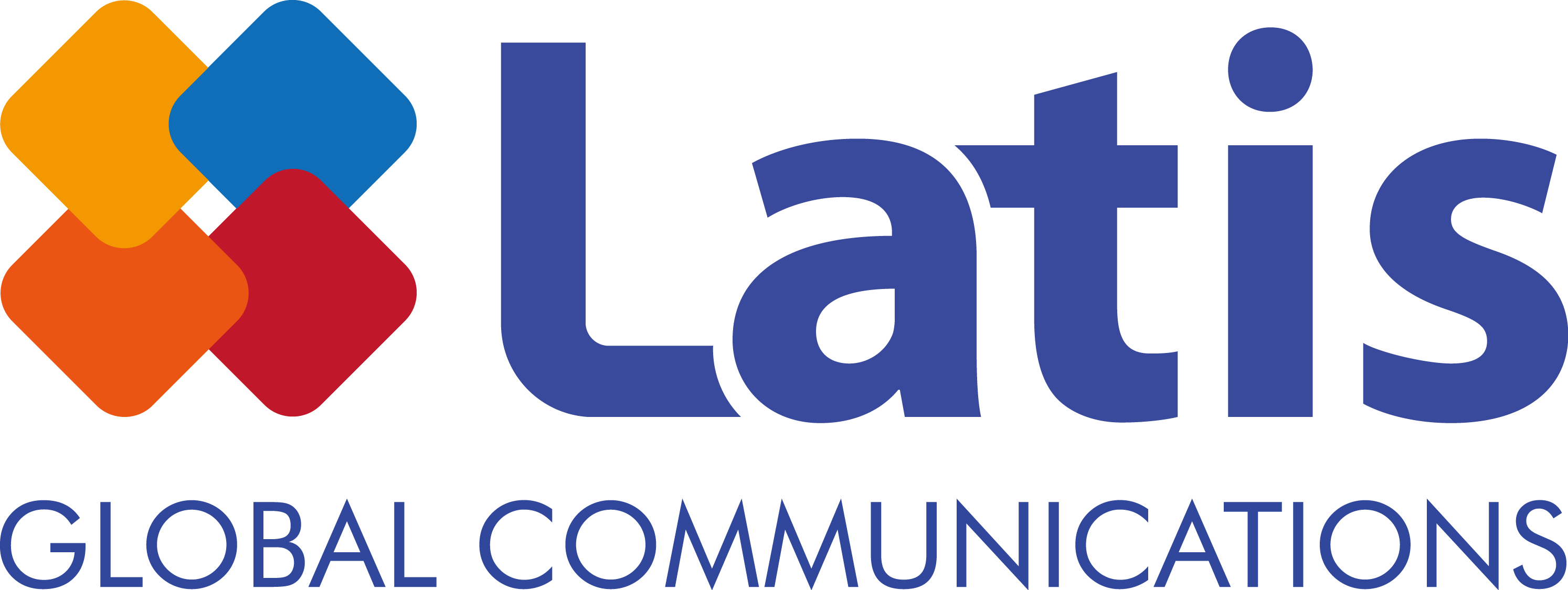
Eight Key Considerations for Entering the Taiwanese Market
Video games have been a part of Taiwanese culture for a long time. In recent years, Taiwan has become an essential international market for game developers.
Today, we’ll be talking about the clear strategies and plans required when entering the Taiwanese market, a mobile-focused market that is garnering the most attention from game developers hoping to expand globally.
1. The Importance of Localization
A common misconception held by developers is that translation and localization are the same thing. Game localization requires more than simple translations. Localization is the process of adapting to the local culture to create highly immersive experiences for players. Paying attention to small details such as UI text strings, symbols, and formatting for time and date is essential for a game’s continued popularity.
Taiwanese players prefer games that have been localized based on a deep understanding of cultural elements. Therefore, both game designers and translators need to understand the cultural codes of the target region and design items or events that reflect the region’s characteristics to build a loyal playerbase.
2. Scheduling
Once a developer has decided to expand internationally, localization should be taken into consideration during the initial stages of development. Not planning for additional languages in advance can cause issues with schedules due to the time-consuming nature of localization.
Also, detailed reviews and translation quality evaluations such as checking for overflowing text in the UI in the case of long Thai sentences, typos, or translation issues need to be carried out, so the time required for reviewing the quality of localization should be reflected in the schedule.
3. Prelaunch Tests on Various Devices
Companies need to check whether the local partner in Taiwan can carry out localization tests and evaluations on various devices. This is especially important as the Taiwanese mobile game market is substantial and many people use devices from brands that are not common in Korea such as OPPO, Xiaomi, and HTC. Therefore, QA tests for compatibility are a must. For games with high hardware requirements, checking whether the game can be downloaded on low-spec devices to lower crash rates and expand the potential playerbase is something that needs to be considered.
4. Game-Related Social Platforms in Taiwan
The Facebook penetration rate in Taiwan is 80%. It should be possible for players to log in using Facebook, Google, or a guest account. Companies can benefit from creating a community-based Facebook fan page to make announcements, explain event details, and share various content as it is important to have a communication channel with players.
Other than Facebook, player outreach can be accomplished through Taiwan’s most popular webzine and forum, Bahamut. Bahamut is the only Taiwanese site that publicly lists the top 20 games by popularity. Ranks within the top 10 games rarely change and connecting with players through the forum can play an important role in building up hype among Taiwanese gamers.
5. Characteristics of Taiwanese Gamers
Taiwanese players consume content at a relatively fast pace, so if a mobile game has not been updated for over three weeks, dissatisfaction starts to set in among players. Therefore, biweekly updates are recommended even if the updates are small.
Participation rates for pre-registering events are high in Taiwan, so most game companies that expand to Taiwan make use of such events. The purpose of the events is more about promoting the game and building anticipation rather than trying to achieve high conversion rates.
In addition, Taiwanese players are very interested in time-limited items so it is important to plan events for major occasions such as Peace Memorial Day on February 28, Tomb Sweeping Day on April 5, Dragon Boat Festival on June 7, and Double Ten Day on October 10.
Lastly, if content that has been released in other countries is more expensive or less efficient in Taiwan, negative player sentiment can become widespread. That is why it is important to post Chinese patch notes within a week after an update has been released in Korea while closely monitoring updates, item prices on release, and Korean player sentiment.
6. Translate Using Traditional Chinese
Most of the Taiwanese population can understand simplified Chinese. However, the presence of simplified Chinese may lead to them thinking that the game is less polished or spur resentment, so traditional Chinese should be used in translations.
In addition, some expressions and words in traditional and simplified Chinese are completely different and cannot be simply converted, making this an important consideration when localizing for the Taiwanese market.
7. Taiwanese Game Rating and Approval System
The Taiwanese game rating system is based on registration instead of approval. If a developer is based in China or has servers in China, a separate and more complex approval process is required. Understanding this and preparing in advance are important factors in reducing issues with scheduling.
8. Marketing
Being a Korean game in and of itself does not hold much value in Taiwan anymore so unless a game is based on a heavyweight IP, efforts to raise awareness need to be made in advance.
Offline advertising costs are relatively low compared to Korea, so advertising offline can be an option to consider. Measuring the effects of advertising can be difficult, which means that careful evaluation of each advertising platform should be done in advance.
For example, advertising through convenience stores across Taiwan guarantees high exposure but was found to be not effective. Television commercials can be better as there are over 200 channels with clearly defined genres in general.

Our extensive knowledge of video games helps us to deliver superior gaming services.
We are a team made up of game specialists who fully understand and love video games.
We provide our clients with the highest quality gaming services for all types, platforms, and genres of video games. With considerable knowledge and experience, we support global video game developers and publishers for their successful launch.

